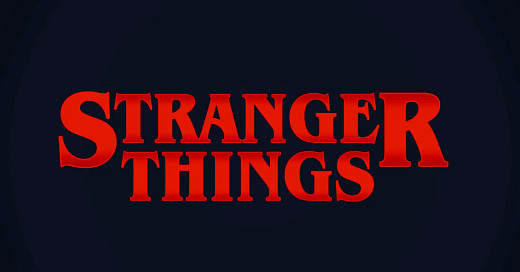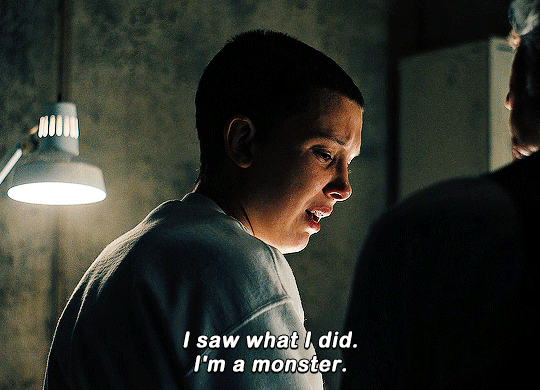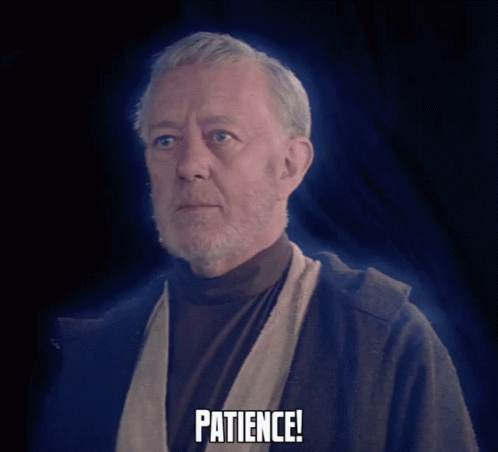Upside Down Again
My second Stranger Things post (spoilers, are you kidding: almost nothing but!)
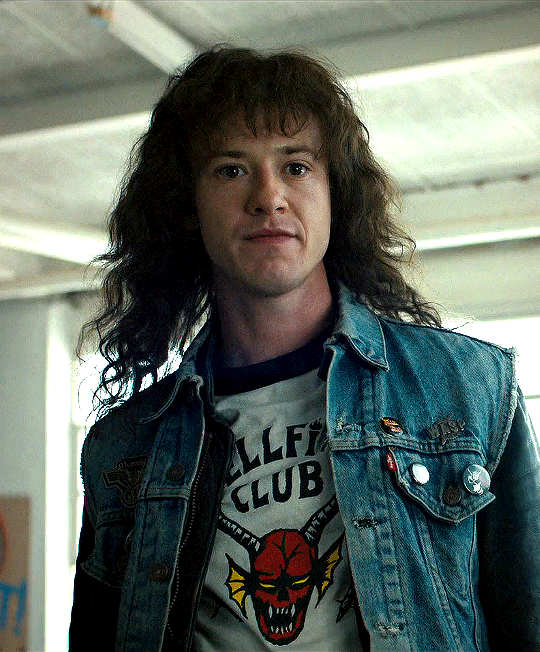
Hello again, Stranger Things fandom. Season 4 tops the cake, that’s for sure! I won’t brook any arguments there. How can I be wrong, when we have so many delicious angles to explore? Season 4 brings back characters and sharpens dulled edges in the most satisfying way. If you’re worried about spoilers, stop right here, because, ya’ll, I don’t know how to talk about shows without spoiling them. If not, let’s go forth into the breach and eat it up together…. (Warning: It’s gonna be a bumpy ride. It will likely be more fun to read if you’re all caught up.)
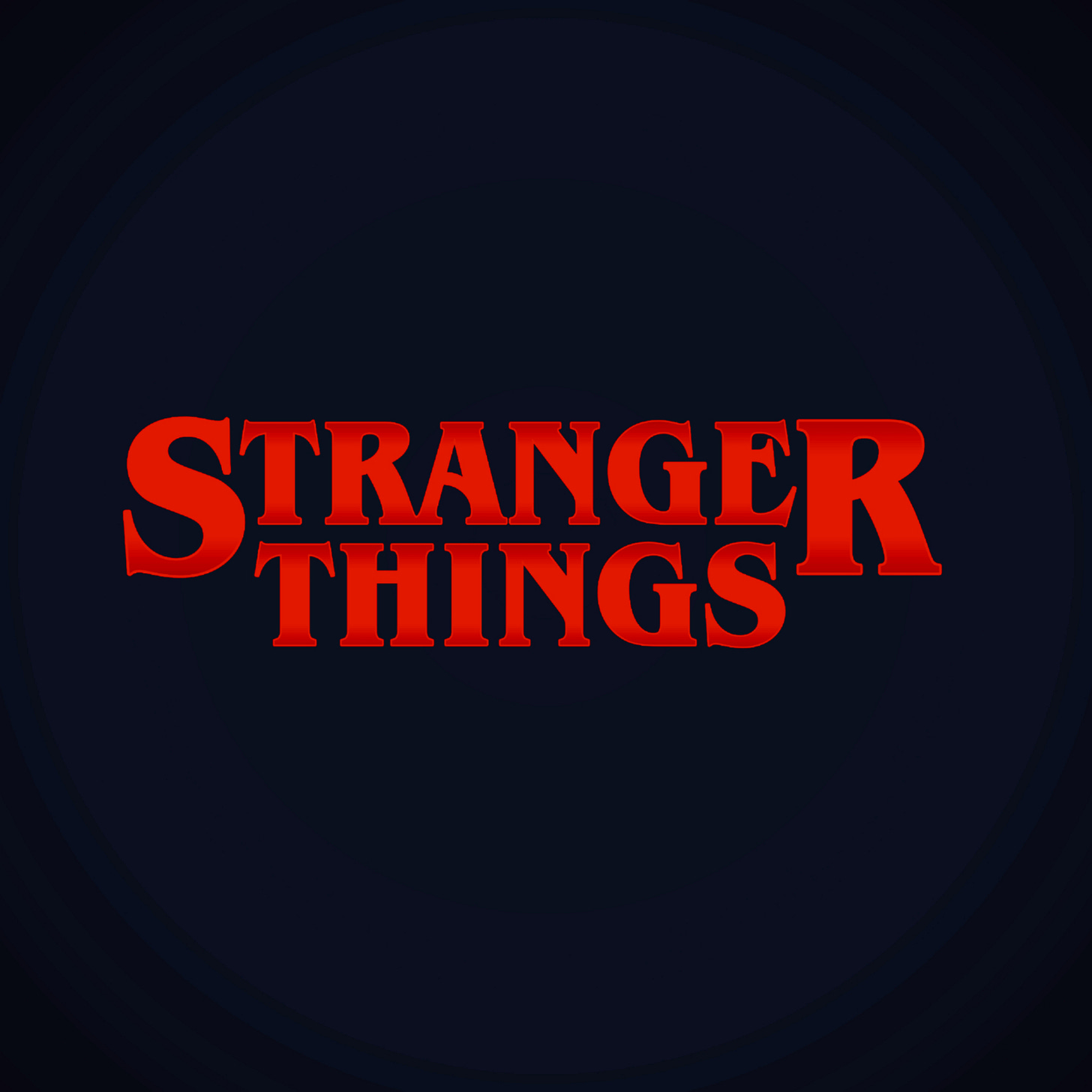
My first post on Stranger Things covered a lot of ground, and I was tempted to cover much more in this post, but as I sat down to type it out, I realized that the moment actually calls for a less-is-more approach. Season 4 is so convoluted, I don’t know a better way to analyze it than piece by piece. There is the satanic panic aspect, delicious enough, but widely discussed, I’m sure. The Tumblr side of the fandom is largely obsessed with Eddie and Steve, and hilarious Dustin. That meme about Eddie and Steve being Dustin’s fathers is adorable.1 Alas, I’m not going to make my second ST post about the ‘80s moral panic. I will, however, talk about fathers—one particular father, “Papa,” to be precise. Matthew Modine’s character, Dr. Martin Brenner, was an uncomplicated antagonist in Season 1—not exactly Voldemort to Eleven’s Harry, but totally creepy and reprehensible. A mad scientist type, he housed children like lab rats—who, to give you heebie jeebies if you didn’t have them already, addressed him as “Papa.” Modine’s character mostly goes away for seasons 2 and 3, save the odd cameo, but he returns in a big way for season 4. The show’s eponymous “wiki” site describes his most recent incarnation as “morally ambiguous,”2 putting it mildly. He has reappeared in Eleven’s life as, we are told, her only hope in the goal of regaining her psychokinetic powers—absolutely necessary because her friends are in danger, and she is their, if not only, certainly their best hope. So, just as Harry Potter submits to Snape’s Occlumency lessons, Eleven agrees to put herself again in the power of Dr. Brenner. She’s at his mercy, really. He injects her with something that induces the hypnotic state which allows her to delve into her suppressed memories, like the ones that show her developing relationship with One.
That’s the key, of course. “One” is the Voldemort of the Stranger Things universe. Just like Harry encountering the memory of Tom Riddle (handsome, young Voldemort) Eleven finds a young and attractive, empathetic figure in her subconscious. We find that One and Eleven have much in common. “We are the same,” he tells her. (They have much in common, just like Harry and Voldemort, but in this case, there’s a lot more mutual sympathy to complicate the relationship.)
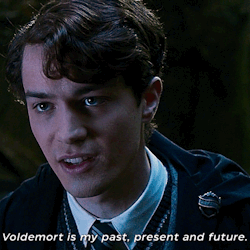
“One” (Vecna/Henry Creel) showed Eleven the escape route from their mutual prison, and she was genuinely disappointed when it was apparent that he could not escape with her. One’s motive for wanting Eleven to escape is interesting. Was he aware that his aide in her escape would have the dual benefit of giving her freedom and eliminating a potential obstacle to his rise to power? He didn’t (or did he?) plan for the further advantage that arose when she used her powers to remove the tracking device in his throat—put there by Dr. Brenner, of course. Evil Dr. Brenner—imprisoning test subjects from the cradle. One, though, was truly evil and, freed, posed a terrible danger to humanity at large. Who is the real villain, who is bad or worse or the bigger, biggest, and baddest evil—these are questions that continually arise in the series, without easy answers.
It’s a rollercoaster ride, with One helping Eleven, or at least showing her the escape route, then Eleven removing One’s tracking device, then One massacring the entire rest of the lab-child-rat population, and finally Eleven using her superpowers to send him to another dimension—the so-called Upside Down, where he ultimately achieves his rise to demonic rule, hellbent on total death and destruction everywhere. And as if none of that was morally confusing enough, the mad-scientist, Frankensteinian Dr. Brenner alters face slightly to become the last hope of our protagonist.
Our protagonist herself, Eleven, is conflicted about good and evil, whether she herself is “good” or “bad.” Her identify is so broken at the beginning of the season, she turns to “Papa,” simultaneously her worst nightmare and the only father she's ever known, for help. He tells her: “Only by facing all of ourselves, the good and the bad, can we become whole.”3 It would be interesting to question whether or not Dr. Brenner himself ever faced all of himself, the good and the bad. On the face of it, we might assume he never did, until perhaps at the very end of his life, when it was too late. After relentlessly and ruthlessly attempting (and nearly succeeding) in keeping Eleven captive—where his motive was apparently to keep training her for the inevitable battle against One—as he lay dying in the desert, he finally relinquished control.
(Here, by the way, we’ve got echos of Yoda and Obi-Wan begging Luke to refrain from confronting Vader too early! But Yoda and Obi-Wan, being Buddhist-ish monks, would not forcibly restrain their Padawan.)4
Dr. Brenner begged Eleven to tell him she understood why he had acted as he did. He needed, before taking his dying breath, for her to somehow validate his monstrous actions. She would not, and strange though it might seem, I think that was actually the kinder choice. My initial reaction to their final scene together, as he lay dying, was to cringe. It was brutal to see a dying man, with blood in his teeth, begging for some sort of sympathetic assurance. I thought, She doesn’t understand, and she won’t humor him, because, after all, FRIENDS DON’T LIE. It speaks volumes that Eleven was incapable of dishonesty. That is the key here, Eleven’s motto: Friends don’t lie. If she had humored him, it would almost certainly have been a lie. As it happened, her simple, “Goodbye, Papa” and her tearstained face were honestly kinder, and authentically her.
The writing on the series is excellent. The nuances in Eleven’s relationships are enticing. If I can find a fault, it must be in the excessive noise and whizzing around. I would ask for more dialogue and less violent action on the screen. I know in these apocalyptic shows, violence is par for the course. I just crave more of the character-driven, relationship-nitty-gritty stuff. The violence is tolerable only if we get the emotional and psychological story too. It’s the mental pain, more than physical pain that makes the story great, in my humble opinion. Season 4 gives us plenty of both. We get angst, tragedy, disappointment, horror. We get hopeful things too, like friendship. Max Mayfield coming out of the trance and Kate Bush song was a bit on the hokey side, but the message was solid: Thoughts of love and friendship, of what she had as opposed to what she lacked, raised her vibration and gave her something to fight for, to run to—toward the light, away from the darkness. The light within her gave her the strength to break Vecna’s hold. As Max says in the penultimate episode of the season, Vecna (demonic incarnation of aforementioned “One”) feeds only on pain and suffering; therefore, he cannot pursue his victims into the light. I can’t help it: The echo of Harry Potter’s Patronus (his happiest memory, to ward off the Dementors) is too reverberant.
I’m near my “email length limit” now. Comment below. Tell me if you want more Stranger Things analysis, or if you’ve had enough.
ibid.
Check out my analysis of the Disney+ series Obi-Wan Kenobi:

